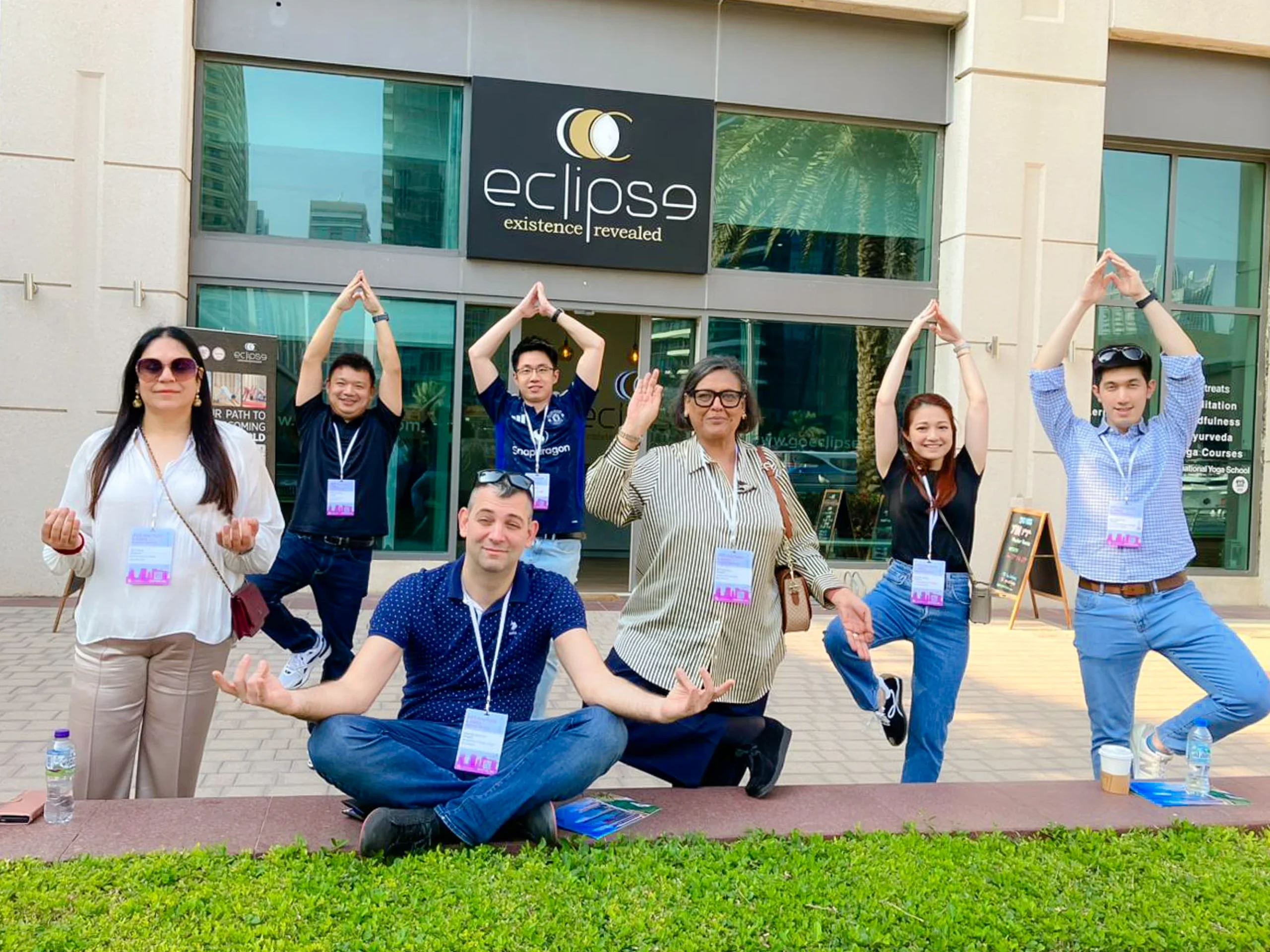In today's rapidly evolving business landscape, effective leadership is more crucial than ever. To navigate complex challenges, drive innovation, and achieve sustainable growth, leaders need to possess a clear vision, strong strategic thinking, and the ability to inspire and motivate their teams. Executive coaching can play a pivotal role in developing these essential leadership skills.
Understanding Executive Coaching
Executive coaching is a personalized development process designed to help leaders enhance their performance and achieve their full potential. It involves a one-on-one relationship between a coach and a leader, where the coach provides guidance, support, and feedback to help the leader develop their skills and overcome challenges.The Benefits of Executive Coaching
Executive coaching offers a wide range of benefits for both individuals and organizations. Some of the key benefits include:-
Enhanced Self-Awareness:
- Improved understanding of strengths, weaknesses, and blind spots
- Increased self-confidence and self-esteem
- Greater clarity on personal and professional goals
-
Improved Decision-Making:
- Enhanced critical thinking and problem-solving skills
- Improved ability to weigh options and make informed decisions
- Increased confidence in decision-making
-
Enhanced Communication Skills:
- Improved active listening skills
- Enhanced ability to communicate effectively with diverse audiences
- Greater assertiveness and diplomacy
-
Increased Confidence:
- Increased self-belief and self-efficacy
- Improved ability to handle stress and adversity
- Greater willingness to take risks and step outside of comfort zones
-
Enhanced Strategic Thinking:
- Improved ability to think strategically and develop long-term plans
- Enhanced ability to identify opportunities and threats
- Increased innovation and creativity
-
Improved Team Leadership:
- Enhanced ability to build strong, high-performing teams
- Improved team motivation and engagement
- Effective conflict resolution skills
-
Increased Job Satisfaction:
- Improved work-life balance
- Increased job satisfaction and engagement
- Reduced stress and burnout
The Executive Coaching Process
The executive coaching process typically involves the following steps:-
Initial Assessment:
- Needs Assessment: The coach and the client work together to identify the client's specific needs and goals.
- Goal Setting: Clear and measurable goals are established for the coaching engagement.
- Building Rapport: The coach and the client establish a strong rapport based on trust and mutual respect.
-
Regular Coaching Sessions:
- One-on-One Sessions: Regular one-on-one coaching sessions are conducted to discuss specific challenges, explore new perspectives, and develop action plans.
- Active Listening: The coach actively listens to the client's concerns and provides empathetic support.
- Challenging Questions: The coach asks challenging questions to help the client think critically and explore new possibilities.
- Feedback and Accountability: The coach provides constructive feedback and holds the client accountable for achieving their goals.
-
Action Planning:
- Developing Action Plans: The coach helps the client develop specific action plans to address their development needs.
- Prioritizing Tasks: The coach helps the client prioritize tasks and allocate time effectively.
- Overcoming Obstacles: The coach helps the client identify and overcome obstacles that may hinder their progress.
-
Follow-up and Evaluation:
- Progress Tracking: The coach and the client track progress towards goals and make necessary adjustments.
- Evaluation: The coach and the client evaluate the effectiveness of the coaching process and identify areas for further development.
- Continuous Learning: The coach encourages the client to continue learning and growing, even after the formal coaching engagement has ended.
The Role of Team Building in Leadership Development
While executive coaching focuses on individual development, team building can also play a significant role in shaping effective leaders. By participating in team-building activities, leaders can:-
Develop Interpersonal Skills:
Team-building activities can help leaders improve their communication, collaboration, and conflict-resolution skills. -
Build Trust and Rapport:
Strong relationships with team members are essential for effective leadership. Team-building activities can help to foster these relationships. -
Enhance Emotional Intelligence:
By understanding and managing their own emotions and the emotions of others, leaders can make more effective decisions and build stronger teams. -
Foster a Positive Company Culture:
Team-building activities can contribute to a positive and supportive company culture, which can boost employee morale and productivity.








